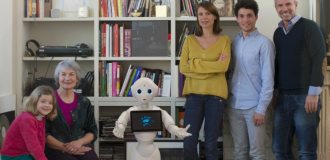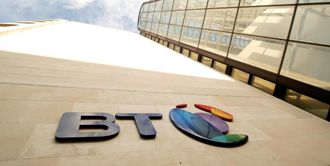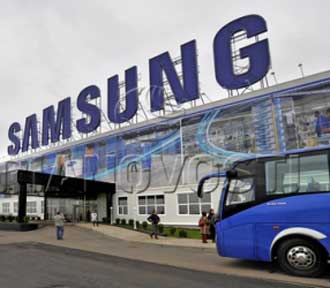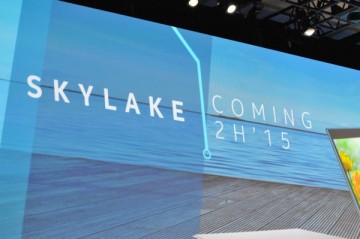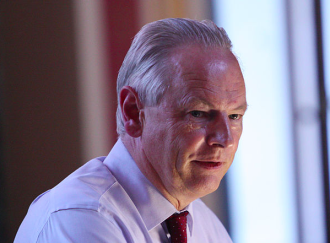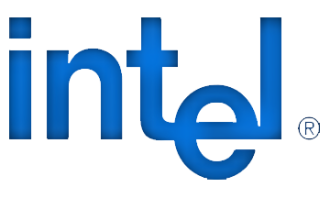 The real brains behind the foundation of Apple, Steve Wozniak, said he has come to terms with the fact that computers will one day become the masters of humanity.
The real brains behind the foundation of Apple, Steve Wozniak, said he has come to terms with the fact that computers will one day become the masters of humanity.
Speaking to The Australian Financial Review the new Australian permanent resident said he has started to feel a contradictory sense of foreboding about the increasing sophistication of artificial intelligence, while still supporting the idea of continuing to push the boundaries of what technology can do
“Computers are going to take over from humans, no question,” Woz said.
He long dismissed the ideas of writers like Raymond Kurzweil, who have warned that rapid increases in technology will mean machine intelligence will outstrip human understanding or capability within the next 30 years. But he has started to realise that those predictions might be right and that computing that perfectly mimicked or attained human consciousness would become a dangerous reality.
“Like people including Stephen Hawking and Elon Musk have predicted, I agree that the future is scary and very bad for people. If we build these devices to take care of everything for us, eventually they’ll think faster than us and they’ll get rid of the slow humans to run companies more efficiently,” Woz said.
It is not clear if humans will be the gods, the pets or the ants that get stepped on.
“When I got that thinking in my head about if I’m going to be treated in the future as a pet to these smart machines … well I’m going to treat my own pet dog really nice,” Woz said.
Wozniak said the negative outcome could be stopped from occurring by the likely end of Moore’s Law, the pattern whereby computer processing speeds double every two years.
The ever increasing speeds have happened due to the shrinking size of transistors, which mean more can be included in a circuit. But it has been suggested that Moore’s Law cannot continue past 2020 because, by then, the size of a silicon transistor will have shrunk to a single atom.
So unless scientists can start controlling things at sub-atomic level, by developing so-called quantum computers, humanity will be protected from perpetual increases in computing power.
“For all the time they’ve been working on quantum computing they really have nothing to show that’s really usable for the things we need … researchers can make predictions, but they haven’t been able to get past three qubits yet,” Woz said. .
Woz hopes they manage it because it is about scientific exploring… but in the end we just may have created the species that is above us.
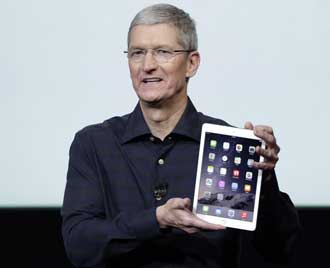 Members of Parliament are to be given iPad Air 2s worth around £500 apiece after the general election in May.
Members of Parliament are to be given iPad Air 2s worth around £500 apiece after the general election in May.